Fayza Ahmed, often hailed as ‘The Nightingale of the East,’ was a revered Syrian-Egyptian artist known for her substantial contributions to the realms of singing and the arts.
Born in Sidon, Lebanon in 1934 to a Syrian father and a Lebanese mother, she embarked on her artistic journey at a young age, leading a rich career in which she wrote hundreds of songs and starred in several films.
Initially based in Damascus, Ahmed faced challenges when applying to the Syrian radio’s committee for selecting singers. Undeterred, she traveled to Aleppo, where her talent was recognized by Aleppo Radio, catapulting her to fame. Damascus Radio subsequently requested her return, marking the continuation of her successful career. Under the mentorship of composer Mohammed al-Naami, she became an accredited singer on Damascus Radio.
Her journey extended to Iraq, where she collaborated with the Iraqi composer Ridha Ali, who wrote lyrics for her in the Iraqi dialect and composed the music. Ahmed then ventured to Egypt, where she impressed the Egyptian radio’s audience in Cairo with the help of radio host Salah Zaki and composer Mohammed Mohsen.
Over the course of her career, Ahmed became associated with various renowned artists and composers, gaining widespread fame in the Arab music scene, particularly in the Levant region.
Her musical legacy includes collaborations with renowned composers such as Farid Al Atrash, Kamal El Taweel, Mahmoud El Sherif, and Mohamed Abdel Wahab. She experienced a significant turning point when partnering with the late Mohammed Al Mogi, creating songs that resonated widely. A pivotal moment in her career came when she crossed paths with Baligh Hamdi, who composed several songs for her.
She became famous for her emotive, elegant tone, particularly excelling in family-oriented songs. Among her most famous compositions are “Set El Habayeb,” “Ya Ghali Aliya,” “Ya Habibi Ya Khayyi,” and “Beit Al Ezz Ya Beitna.”
Ahmed also explored the realm of cinema. She went on to star in seven films. Among them was the 1961 “Ana wa Banaati,” in which she sang “Beit Al Ezz Ya Beitna,” and the song “Ta’allali Ya Ba Ta’allali.” She also performed the song “Hayran” in the same film. Ahmed also played a role in the film ‘Leila, Bint El-Shat’ in 1959 alongside Mohamed and Leila Fawzi. Another notable collaboration was with the artist Ismail Yassin in the film ‘Al Millionaire Al Faqeer’ in the same year. Her cinematic repertoire also includes films such as ‘Montaha Al Farah’ (1963), ‘Imsek Harami’ (1958), ‘Arees Meraty’ (1958), and more, showcasing her versatility as an artist.
Ahmed recorded over 320 songs for Cairo Radio, presented 80 songs for television, and graced numerous concerts in Egypt and the Arab world.
In her personal life, Ahmed was married to Omar Naami, with whom she had a daughter, Ferial. She later married Mohamed Sultan, and their 17-year marriage produced two sons, Tarek and Amr. After a brief separation, she returned to Sultan following a battle with breast cancer, leading to her passing in 1983.
To this day, Ahmed remains one of the most iconic Arab influences in music. Her songs are a well-established staple of Egyptian popular culture.
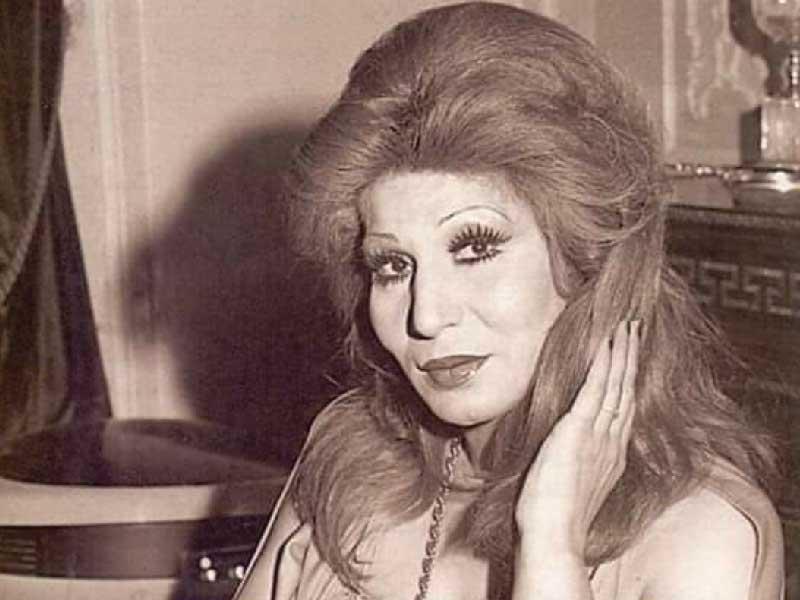

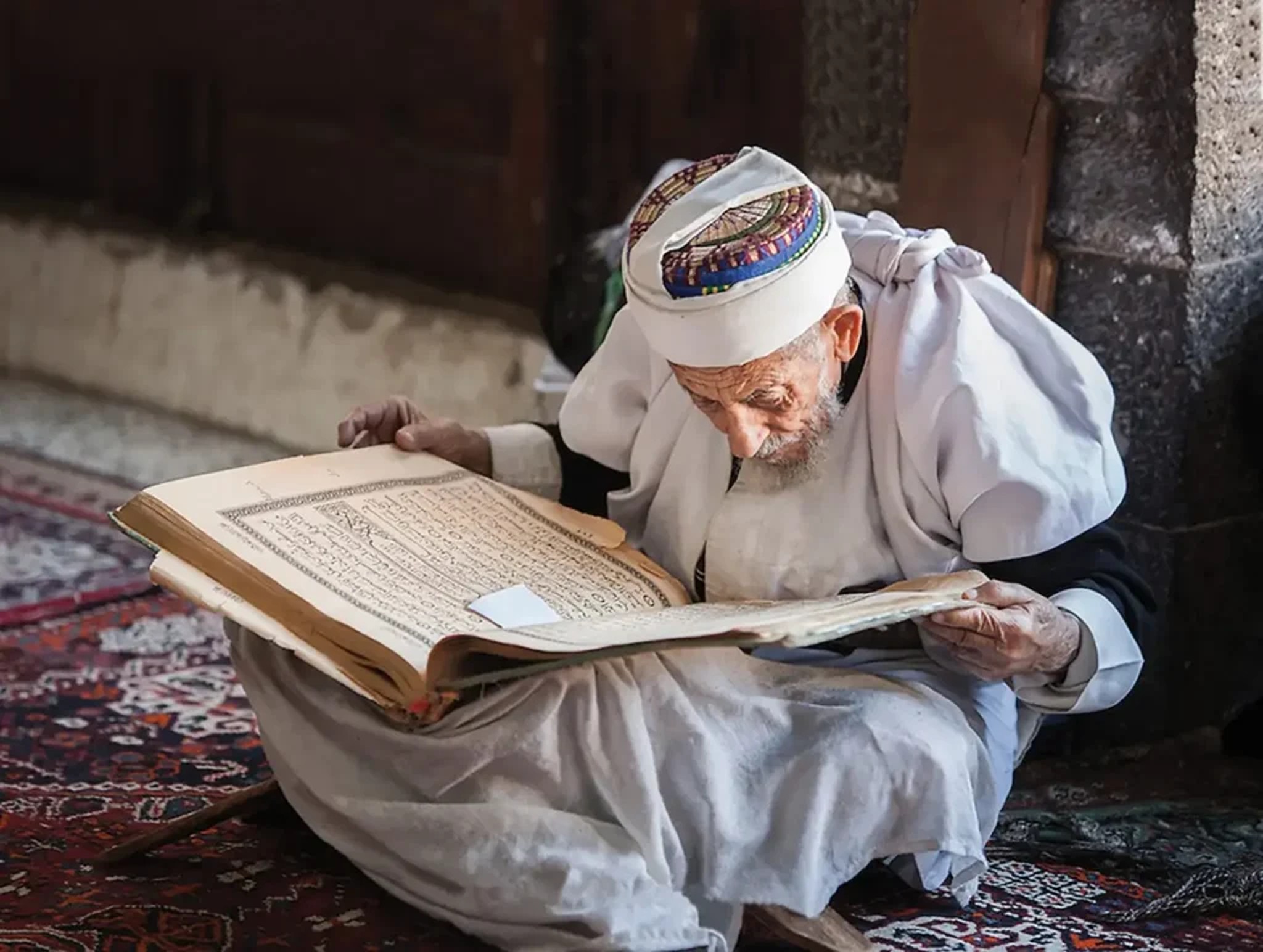

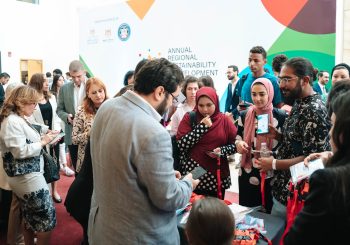
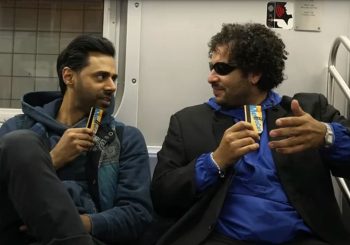
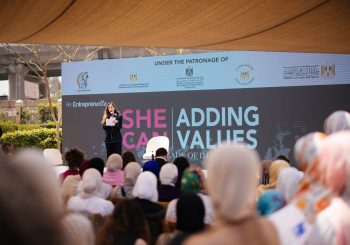
Comments (0)